Skills for Machine Learning and AI Agents in 2025
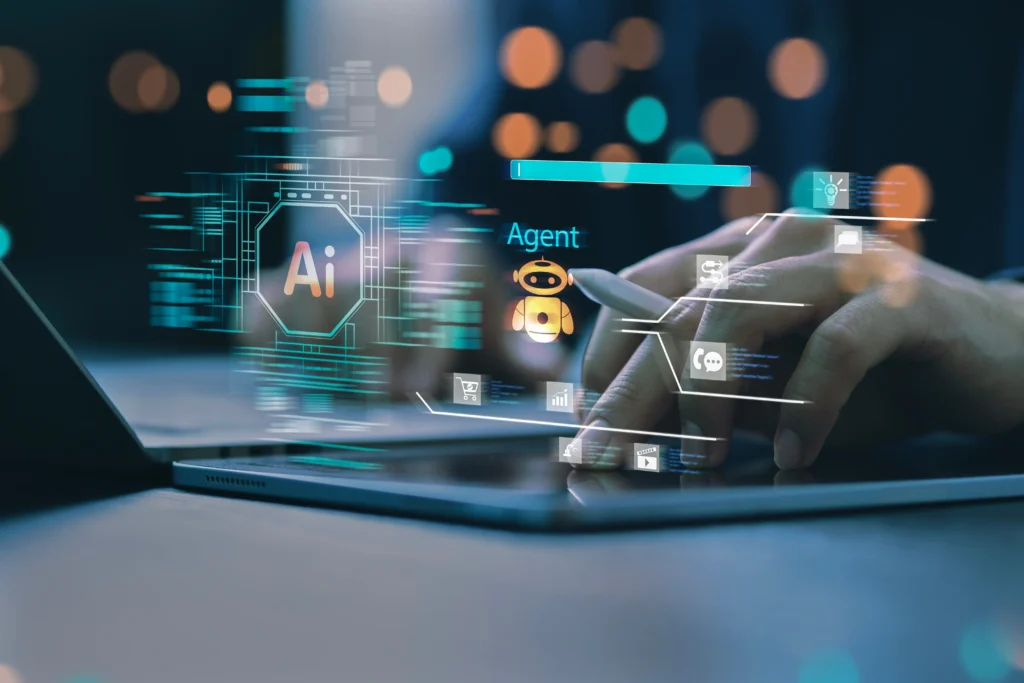
Top 10 Skills for machine learning and Agentic AI to Learn for 2025
As artificial intelligence moves from experimental to essential, professionals in every field are now working alongside AI agents. Whether you’re a marketer, developer, analyst, or designer, understanding the skills for machine learning and intelligent systems has become a basic requirement, not a bonus.
AI is no longer something only data scientists handle. Platforms like ChatGPT, DeepSeek, and enterprise tools such as Botxpert are giving teams access to AI assistants that can automate, analyze, and learn continuously. To truly leverage them, you need to master the right AI skills for 2025.
1. Data Literacy
AI thrives on data. Knowing how to read, structure, and clean data is the first step toward making your AI agent smarter. Even non-technical professionals must understand basic data formats, inputs, and how AI learns from datasets.
Pro tip: Learn to use tools like Excel Power Query, SQL, or Python’s Pandas library to handle data confidently.
2. Prompt Engineering
AI agents depend heavily on how you communicate with them. Prompt engineering is the art of crafting inputs that guide AI toward accurate, relevant, and useful responses.
For example, instead of saying “summarize this report,” try “summarize this report in three bullet points focusing on financial risk.”
This one AI skill can drastically improve the quality of your output and your productivity.
3. Critical Thinking
AI provides options, not answers. Understanding when to trust its recommendations and when to question them is a vital skill.
Critical thinking ensures humans remain the decision-makers in the loop, while AI accelerates the process.
4. Understanding Machine Learning Fundamentals
You don’t need to become a data scientist, but learning the basics of how algorithms work helps you use AI tools responsibly. Understanding concepts like supervised vs. unsupervised learning, neural networks, and model bias allows you to interpret AI output correctly.
Platforms like Coursera or edX offer great entry-level courses to develop these skills for machine learning.
5. Workflow Automation
AI tools work best when they fit into automated workflows. Learn how to connect your AI agent to CRMs, email systems, or data pipelines.
Knowledge of automation platforms like Zapier or Make (Integromat) can help you design processes that save time and reduce manual effort.
6. Ethical AI Awareness
As AI becomes embedded in business, understanding ethics and data responsibility is non-negotiable.
Key areas include bias detection, transparency, and privacy management.
Professionals who master these artificial intelligence skills required can lead AI adoption responsibly.
7. Domain Expertise
AI is powerful only when trained on the right context. Combining your industry knowledge with AI tools gives you a huge edge.
A marketing professional with strong AI prompt skills is far more valuable than one who only knows analytics.
Your expertise teaches the AI what matters most in your domain.
8. Collaboration and Communication
Using an AI agent effectively requires clear communication and teamwork. Whether you’re integrating AI into customer support or software development, collaboration ensures the system reflects your organization’s goals.
Communicating results, documenting prompts, and sharing feedback loops are essential parts of this AI skill set.
9. Adaptability and Continuous Learning
AI evolves faster than any other technology. Staying relevant means continuous learning by exploring new updates, model improvements, and emerging tools.
Make it a habit to test new AI features monthly. This curiosity is one of the most important skills for machine learning professionals can have in 2025.
10. Building and Managing AI Chatbots
AI agents aren’t just assistants; they can become intelligent collaborators. Learning to build, customize, and manage AI chatbots is now a mainstream requirement.
Platforms like Botxpert allow users to create no-code AI chatbots that connect to your data, automate support, and learn from customer interactions.
Understanding this ecosystem teaches you how to turn an AI agent into a functional part of business workflows, not just a tool you query.
Bonus: Emotional Intelligence
While machines process data, humans interpret emotion. Balancing analytical precision with empathy helps you use AI more responsibly and creatively.
The most successful professionals in 2025 will combine human sensitivity with machine speed.
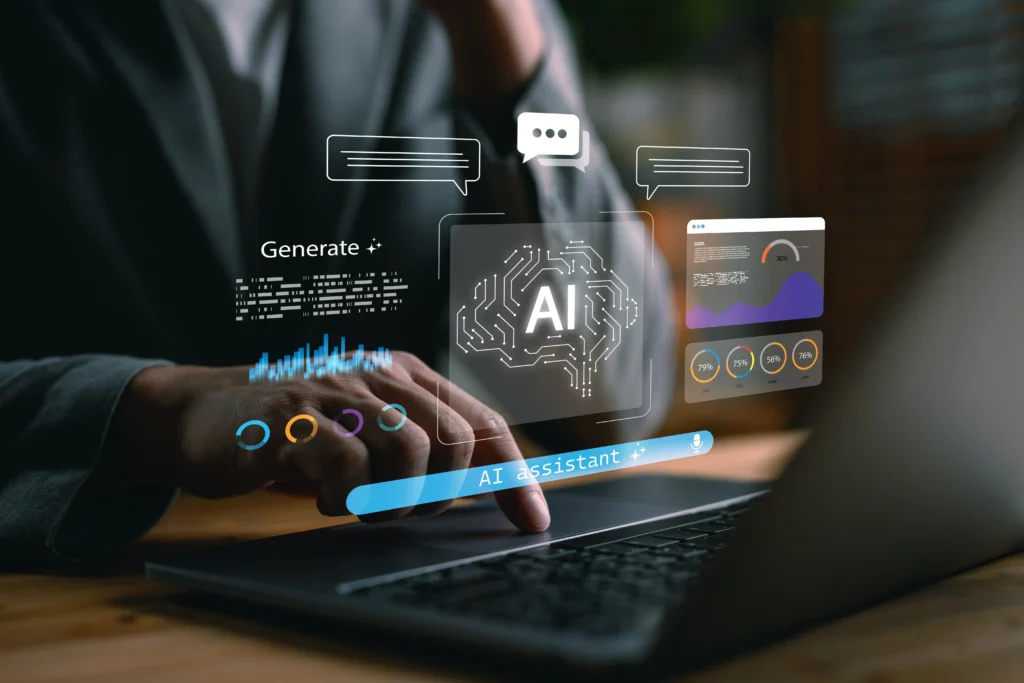
Conclusion: Mastering the AI Partnership
The world of work is changing fast, and mastering these artificial intelligence skills required is what will set professionals apart in 2025.
The best way to future-proof your career is to learn how to work with AI, not against it.
Start by improving your data literacy, prompt writing, and understanding of automation tools. Then move to advanced skills like chatbot design and ethical AI practices.
With platforms like Botxpert, you can practice these abilities in real workflows and see how intelligent systems amplify your performance.
The more you learn to use AI, the more AI helps you learn.
Start for free. Launch in minutes. Let your website talk.
Try botxpert today and build your ideal website chatbot.
check out our other blogs to know more. blogs.botxpert
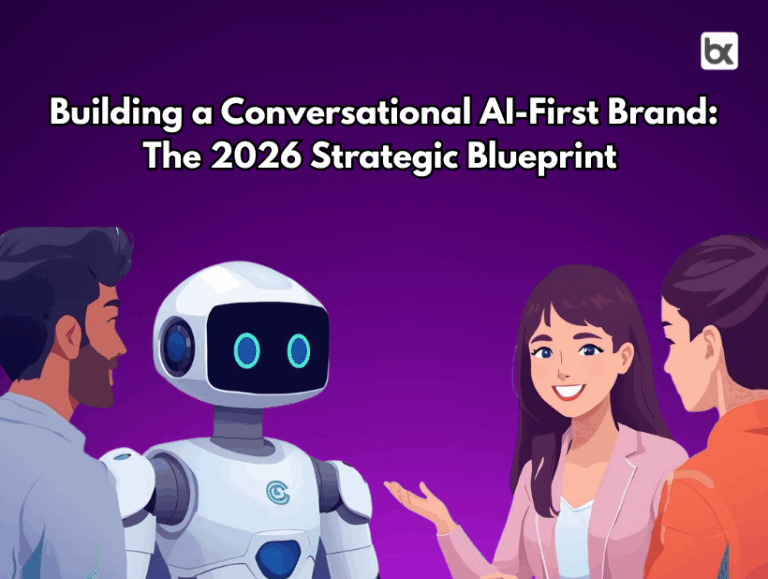
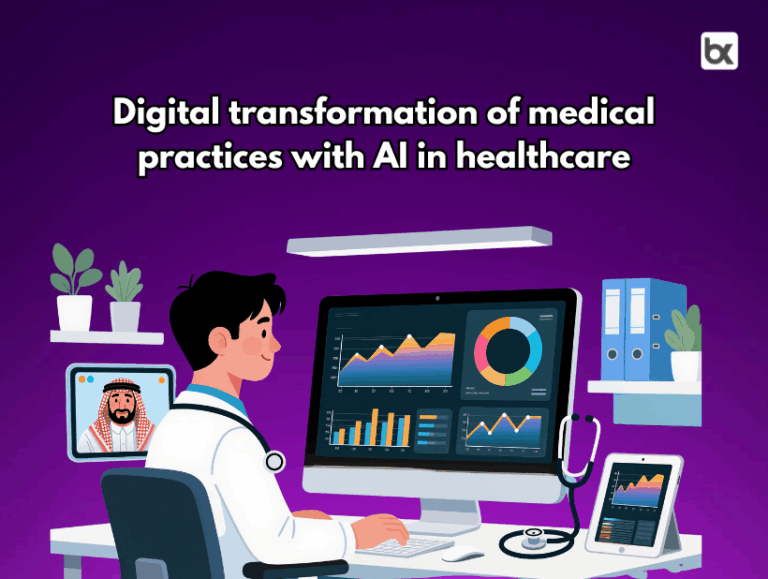
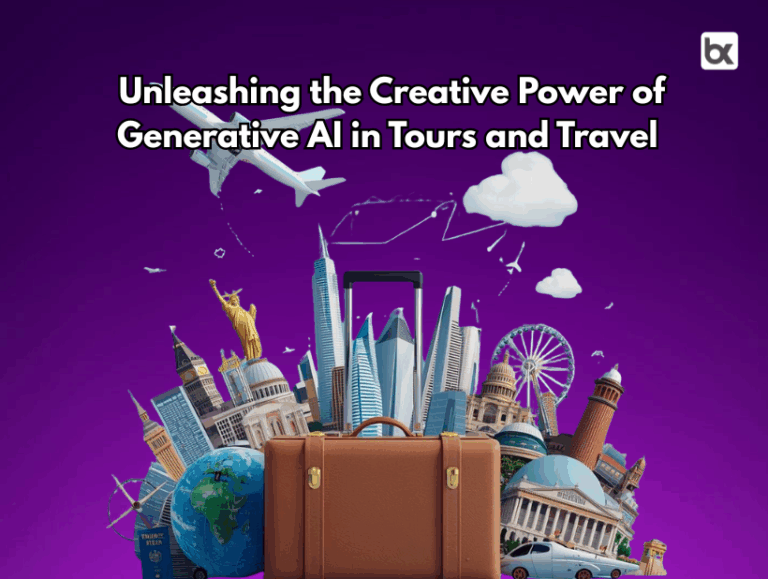
I agree that AI has shifted from being something only developers use to a tool for almost every profession. The idea of prompt engineering is especially interesting—learning how to communicate clearly with AI can really change the results we get.